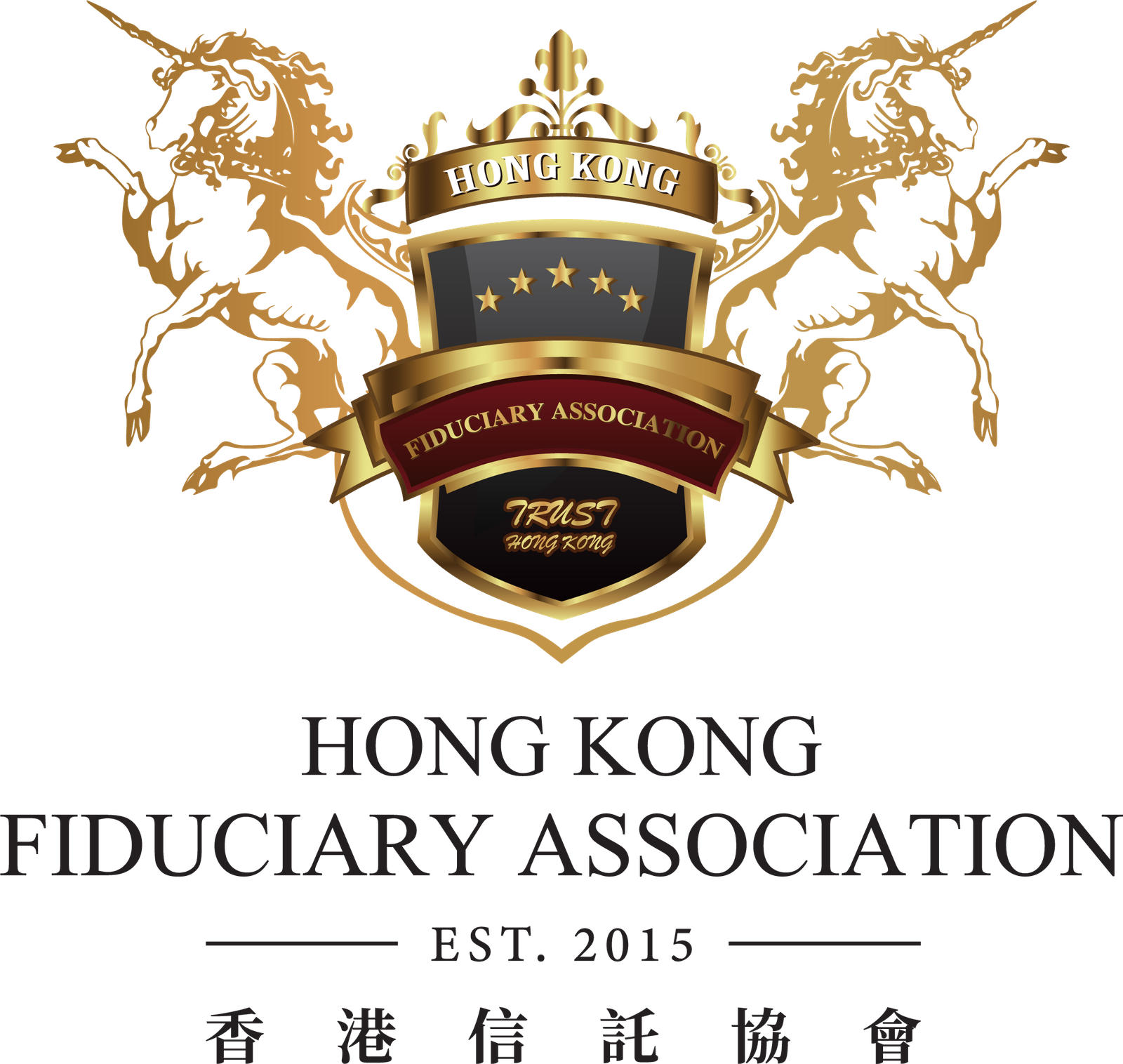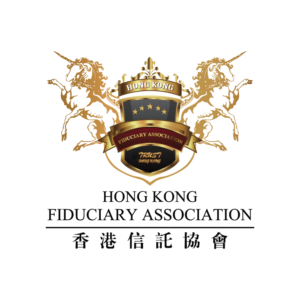Clarifying Two Distinct Concepts
High-net-worth individuals often hear both terms — family office and trust — yet these serve fundamentally different roles in wealth management. Therefore, understanding the distinction is essential for building an effective long-term protection strategy.
A trust is a legal ownership structure. A family office is an operational management structure. In most advanced cases, they serve complementary but separate functions.
Asset Ownership vs Wealth Management
A trust legally separates ownership from personal identity. Once assets are placed inside a trust, they are no longer held directly by the individual. Legal title passes to a trustee, who manages assets for the benefit of named beneficiaries under the trust deed.
In contrast, a family office provides administrative, investment, and advisory services. For example, it handles tasks such as:
Portfolio management
Tax reporting
Family governance support
Lifestyle management and concierge services
Philanthropy administration
However, a family office does not provide legal asset protection unless paired with a suitable ownership structure.
Which Risks Require Legal Trust Structures
Without a trust, personally owned assets remain exposed to:
Legal disputes and creditor claims
Forced heirship or inheritance challenges
Tax authorities in multiple jurisdictions
Cross-border probate delays
Political or regulatory action
A trust creates legal insulation. Meanwhile, family offices, while valuable, cannot shield assets from legal claims or jurisdictional conflicts on their own.
How Family Offices Operate Within Trusts
Many sophisticated families combine both structures:
The trust holds legal ownership of assets.
The family office operates under the trustee or alongside trustees, executing administrative functions.
The trustee remains responsible for legal compliance and distributions.
The family office supports daily financial operations, reporting, and family coordination.
As a result, this combination allows families to retain personalised management while benefiting from legal separation and enforceability.
Scenario: Dubai HNWI with Complex Family Holdings
Consider a Dubai-based business owner who operates several companies across Asia, Europe, and North America. He creates a Hong Kong trust, transferring ownership of company shares, investment accounts, and property holdings into the trust.
Alongside this, he establishes a single-family office to handle financial reporting, manage philanthropic projects, and coordinate tax advisors across multiple jurisdictions. Consequently, the trustee focuses on legal oversight, while the family office handles daily administration, with both roles defined by the trust deed.
Combining Governance with Legal Control
Family offices optimise wealth management. Trusts protect wealth ownership. Therefore, for serious HNW wealth preservation, combining a Hong Kong trust with a professional family office structure delivers both legal protection and operational efficiency. Without trust-backed ownership, even the most well-run family office remains exposed to jurisdictional risk.

 Chinese (Simplified)
Chinese (Simplified)




